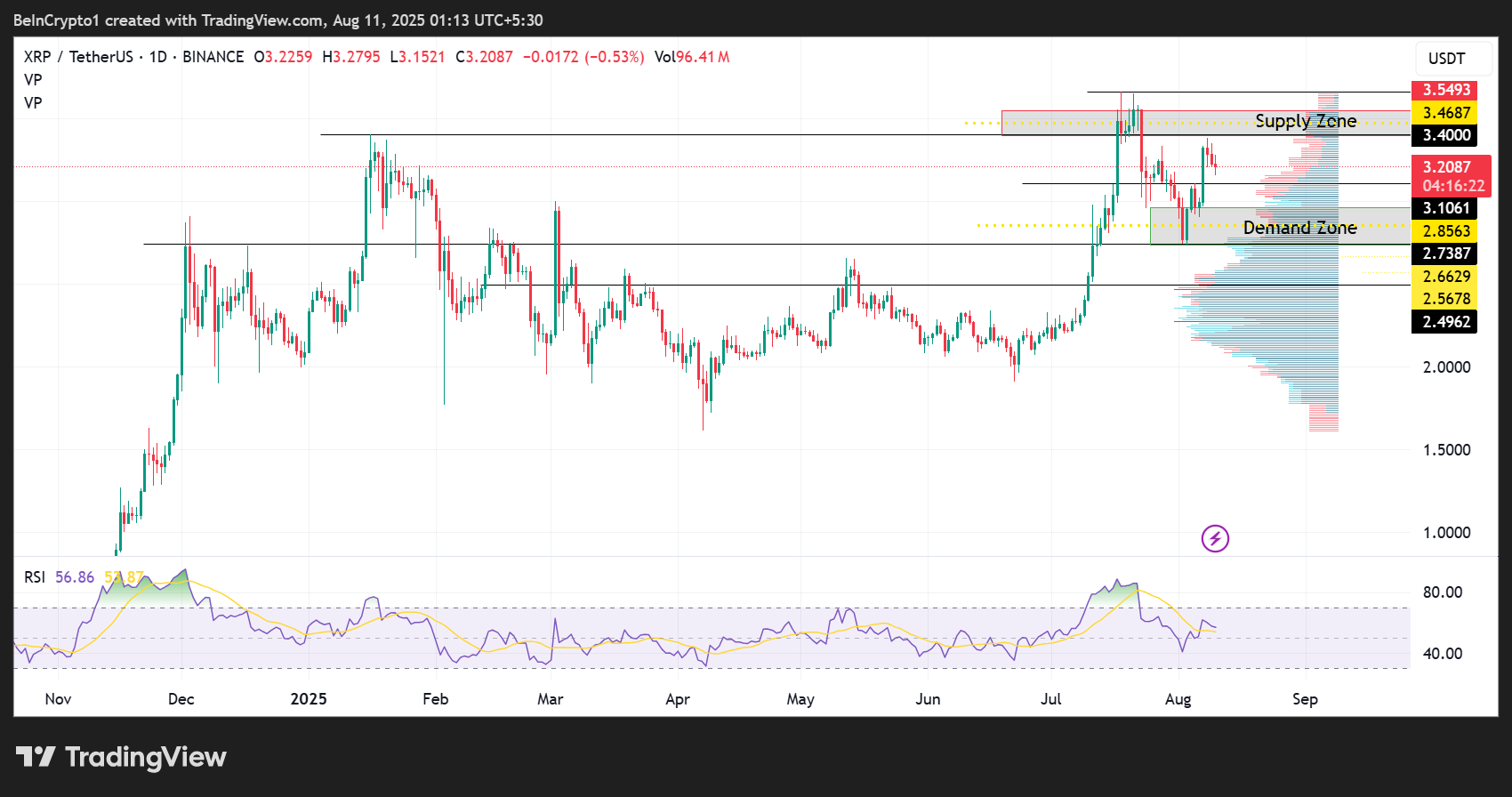MicroStrategy founder Michael Saylor, a prominent advocate for Bitcoin (BTC), has recently found himself in the middle of a controversy following his comments suggesting that large financial institutions should handle Bitcoin custody. After widespread backlash from the crypto community, Saylor has since walked back his statements, clarifying his stance on the issue. The incident has sparked a heated debate within the crypto space, raising concerns about centralization and government intervention.
Saylor’s Custody Comments Spark Outrage
The uproar began after Saylor proposed that Bitcoin holders should trust large, “too big to fail” financial institutions to manage their assets. His remarks came at a time when many in the crypto community emphasize the importance of decentralization, with self-custody being a critical aspect of Bitcoin’s ethos. The idea of entrusting BTC to big banks fueled fears that such a move could lead to increased centralization and invite more regulatory control—key issues that Bitcoin was created to resist.
Ethereum co-founder Vitalik Buterin was among those who strongly criticized Saylor’s stance. In a bold statement, Buterin said, “I think Saylor’s comments are batshit insane. He seems to be explicitly arguing for a regulatory capture approach to protecting crypto.” Buterin’s remarks echoed the broader concerns of many in the crypto space who fear that Bitcoin’s decentralized nature could be compromised if traditional financial institutions play too large a role in managing the asset.
Saylor Clarifies His Position
Facing mounting criticism, Saylor took to social media on October 23 to clarify his position. In a post on X (formerly Twitter), he emphasized his support for both self-custody and the freedom to choose custodians, whether they be individuals or institutions.
“I support self-custody for those willing & able, the right to self-custody for all, and freedom to choose the form of custody & custodian for individuals & institutions globally. #Bitcoin benefits from all forms of investment by all types of entities, and should welcome everyone,” Saylor wrote.
His clarification sought to balance the concerns of decentralization advocates with the practical realities faced by institutions handling large sums of Bitcoin. However, the damage to his reputation had already been done.
Community Reactions Remain Mixed
Saylor’s revised stance has done little to quell the growing discontent within the crypto community. While some praised his clarification, others continued to question his commitment to Bitcoin’s decentralized ideals. Notable crypto analyst Max Keiser chimed in on the issue, implying that Saylor’s comments had exposed a possible shift in his once-steadfast support for decentralization.
Another X user, Joel Valenzuela, bluntly called Saylor’s response a “capitulation,” accusing him of revealing his “true colors.” These comments reflect a growing skepticism toward Saylor, a figure once celebrated for his unwavering support of Bitcoin, particularly through MicroStrategy’s multi-billion dollar investments in the cryptocurrency.
Despite the backlash, some have rallied in defense of Saylor, arguing that his perspective simply acknowledges the different needs of individual investors and large institutions. As Bitcoin matures into a more widely adopted asset, the debate over who should control its custody will likely intensify.
The controversy raises questions about whether Saylor’s previously solid pro-Bitcoin image can fully recover. His advocacy for trusting traditional financial institutions clashes with Bitcoin’s founding principle of decentralization, a point of tension that may haunt him moving forward. While his clarification may have softened the blow, Saylor’s reputation has undeniably been strained.
As Bitcoin continues to gain mainstream adoption, the debate over custody—whether it should remain decentralized or partially handled by trusted institutions—will remain a critical issue. For now, Saylor finds himself navigating the difficult balance between supporting Bitcoin’s decentralized ideals and recognizing the practical demands of institutional investors.
Also Read: EU Threatens Musk’s X With Fines Of Up To 6% Of Global Revenue—Tesla Bitcoin Moves Stir Speculation
Michael Saylor’s attempt to walk back his Bitcoin custody comments highlights the ongoing tension between decentralization and institutional involvement in the crypto space. As the Bitcoin community grapples with these issues, Saylor’s role as a pro-Bitcoin figure may be forever changed. Only time will tell if his reputation can fully recover from this controversy.






